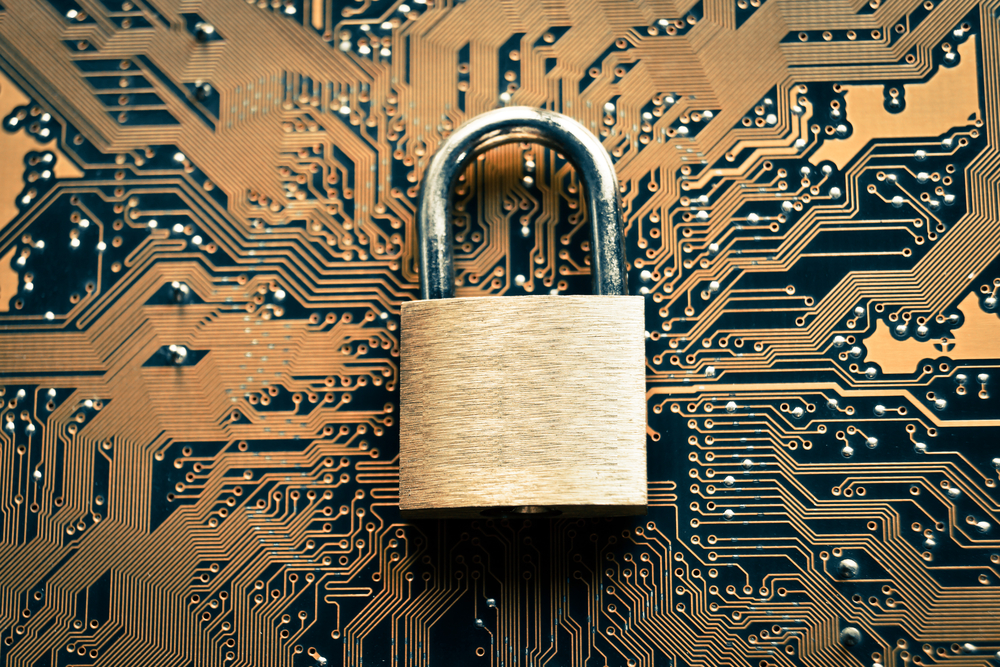Internet users 'unlikely' to use hacked companies again
Internet Society report reveals most internet users do not trust hacked companies with their data

Almost 60% of internet users would not do business with a company that had been victim of a data breach, placing online trust at an all time low, according to new research by the Internet Society.
The Global Internet Report, published on Wednesday revealed that over 65% of users said they were unlikely to use a company again where financial or sensitive data had been stolen, while just under 50% felt companies were not taking customer data protection seriously.
"One of the key questions raised by this report is why are organisations doing so little to protect their customers' data?," said the report's author Michael Kende, economist and Internet Society fellow.
"Everyone knows that data security is a major issue for both consumers and businesses, yet companies are not doing everything they could to prevent breaches."
An average of 19% of households connected to the internet had been affected by a security breach, identity theft, or banking fraud in the last 12 months. The risk of a data breach increases alongside the number of internet devices within a home, rising from 9% for just one device, to 31% with five or more.
With over 80% of users accessing the internet in the EU alone, the 'status-quo' is no longer enough to protect user, as "93% of breaches are preventable", according to Kende. "Steps to mitigate the cost of breaches that do occur are not taken- attackers cannot steal data that is not stored, and cannot use data that is encrypted."
Since 2013, the average cost of a data breach has increased by 29%, which now sits at $4 million. There have been over 1,600 breaches and 707 leaked customer records in 2015 alone, according to the Internet Society. The average cost of each lost customer record now stands at $158.
Get the ITPro daily newsletter
Sign up today and you will receive a free copy of our Future Focus 2025 report - the leading guidance on AI, cybersecurity and other IT challenges as per 700+ senior executives
The independent internet organisation urges companies to increase their transparency and give greater priority to ensuring best practice security standards are met. In the five point plan, the Internet Society also recommends that companies "create a market for trusted, independent assessment of data security measures" so that organisations can reliably disclose the quality of security systems.
"We are at a turning point in the level of trust users are placing in the internet," said Olaf Kolkman, CTO at Internet Society. "With more of the devices in our pockets now having internet connectivity, the opportunities for us to lose personal data is extremely high."
The number of IoT connected devices, particularly within smart home appliances, is set to grow to the tens of billions by 2020, providing a gateway to our personal data that remains exposed, according to the report.
"Up-to-date security systems, usable security, and awareness on how to deal with threats and social engineering are needed for reducing the opportunities for data breaches and device compromise," added Kolkman.
The report points to a number of high profile hacks that have affected customer data and trust in internet security, including the 2015 leak of user details from the affair website Ashley Madison. Last week a significant breach at mobile network Three affected over 133,000 customers, including names, addresses and phone numbers.
Dale Walker is a contributor specializing in cybersecurity, data protection, and IT regulations. He was the former managing editor at ITPro, as well as its sibling sites CloudPro and ChannelPro. He spent a number of years reporting for ITPro from numerous domestic and international events, including IBM, Red Hat, Google, and has been a regular reporter for Microsoft's various yearly showcases, including Ignite.
-
 Cleo attack victim list grows as Hertz confirms customer data stolen
Cleo attack victim list grows as Hertz confirms customer data stolenNews Hertz has confirmed it suffered a data breach as a result of the Cleo zero-day vulnerability in late 2024, with the car rental giant warning that customer data was stolen.
By Ross Kelly
-
 Lateral moves in tech: Why leaders should support employee mobility
Lateral moves in tech: Why leaders should support employee mobilityIn-depth Encouraging staff to switch roles can have long-term benefits for skills in the tech sector
By Keri Allan